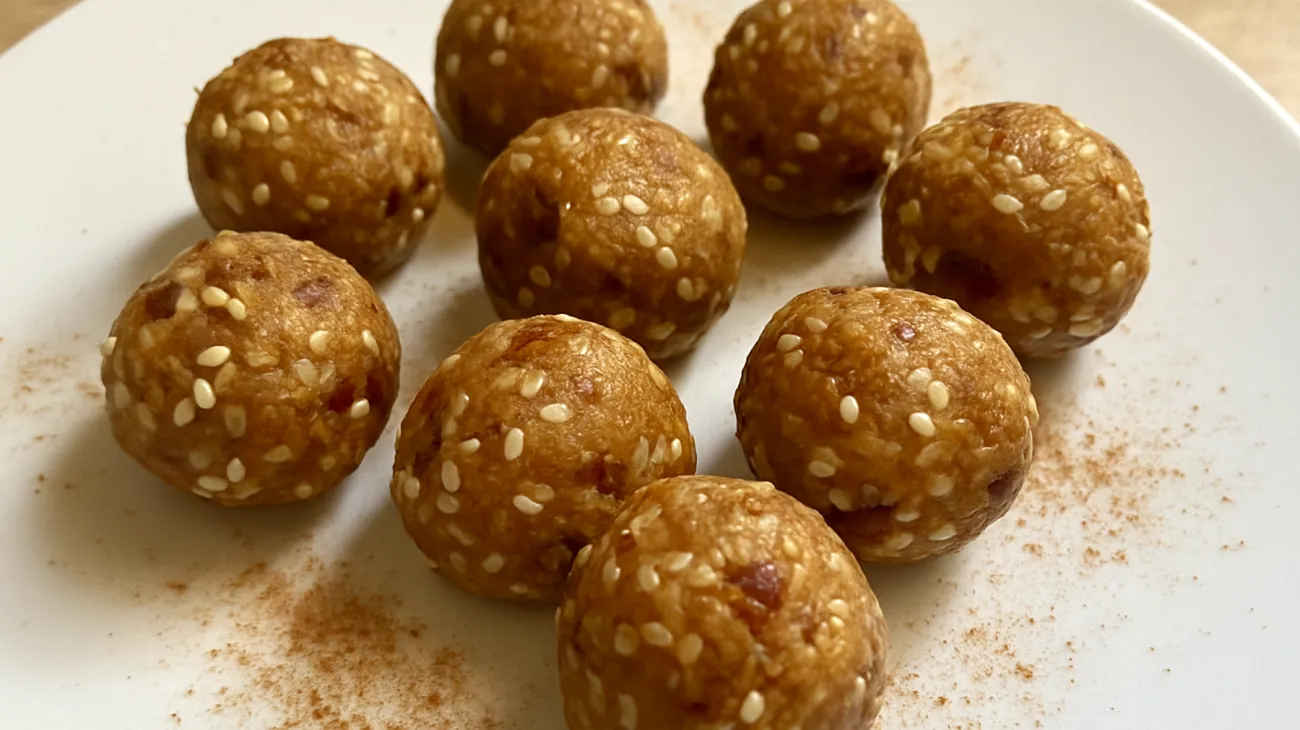When seasons shift and training intensifies, ashwagandha combined with tahini and dates creates a powerful nutritional strategy for athletes battling mental fatigue. This ancient Ayurvedic adaptogen paired with nutrient-dense whole foods offers a science-backed approach to maintaining cognitive performance during demanding training phases, bridging traditional wisdom with modern sports nutrition research.
Why Mental Fatigue Hits Athletes During Seasonal Transitions
High training loads coupled with intense cognitive demands create a perfect storm for mental exhaustion. Research shows that mental fatigue significantly impacts athletes by elevating the perceived effort required for exercise, making workouts feel harder even when physical performance remains stable. During autumn and spring transitions, environmental stressors like changing light patterns and temperature fluctuations disrupt circadian rhythms, affecting both psychological well-being and cortisol regulation.
This mental fog manifests as reduced motivation, impaired focus, and that familiar feeling of running on empty despite adequate sleep. Rather than relying on another caffeine boost or synthetic supplement, sports nutritionists increasingly recommend targeted nutrition that supports both immediate energy needs and long-term brain health.
Tahini: The Mineral Powerhouse Athletes Overlook
While almond butter dominates gym bags everywhere, tahini brings unique advantages for combating mental fatigue. This sesame seed butter delivers exceptional magnesium content—approximately 58mg per tablespoon—essential for over 300 enzymatic reactions including neurotransmitter synthesis and muscle function.
Beyond basic minerals, tahini contains sesame lignans like sesamin and sesamolin, compounds that demonstrate neuroprotective and antioxidative effects in research studies. The protein content provides all essential amino acids, including measurable tryptophan—a precursor for serotonin and melatonin that impacts sleep quality and mood regulation during heavy training blocks.
The Healthy Fat Factor
Tahini’s polyunsaturated fatty acids support brain health and hormone production. While primarily containing omega-6 linoleic acid, these fats work synergistically with the other nutrients to create sustained energy release without the dramatic blood sugar spikes that plague many athletic snacks.
Dates: Natural Cognitive Fuel That Actually Works
Medjool dates provide a sophisticated blend of glucose, fructose, and sucrose that creates relatively sustained energy compared to refined sugars. Their natural sugar profile avoids the insulin roller coaster associated with processed alternatives, making them ideal for maintaining stable energy during long training sessions.
What makes dates particularly valuable is their rich vitamin B6 content, crucial for neurotransmitter synthesis including serotonin and dopamine. These brain chemicals play vital roles in motivation and cognitive function—exactly what athletes need when seasonal transitions sap mental energy and training motivation.

Ashwagandha: The Adaptogenic Game-Changer
Withania somnifera stands out as one of the most thoroughly researched adaptogens for athletic populations. Unlike stimulants that provide temporary energy followed by crashes, ashwagandha works by modulating the hypothalamic-pituitary-adrenal axis—essentially training your stress response system to operate more efficiently.
Randomized controlled trials reveal impressive results. Clinical evidence for athletes shows that 300mg of standardized ashwagandha extract daily reduces perceived stress, lowers morning cortisol levels, improves reaction time, and enhances cardiorespiratory endurance. These findings suggest ashwagandha supports both mental and physical performance simultaneously.
The Withanolide Connection
The withanolide compounds responsible for ashwagandha’s effects demonstrate neuroprotective actions against stress-induced cognitive deficits. Research indicates these compounds may help safeguard against the cumulative mental stress of intensive training phases, making ashwagandha particularly valuable during peak training blocks.
Timing Your Intake for Maximum Performance
Strategic timing amplifies these nutritional benefits. Morning consumption aligns with clinical protocols that support natural cortisol rhythms while avoiding potential sleep interference. The sustained energy from dates and tahini provides stable fuel for demanding sessions without afternoon crashes.
Early afternoon timing works brilliantly for evening training sessions, providing a 3-4 hour absorption window. While magnesium supports sleep quality, consuming these energy balls earlier optimizes both training performance and recovery rather than close to bedtime.
Safety and Practical Considerations
Ashwagandha is generally well-tolerated but can affect thyroid hormone levels. Athletes taking thyroid medications should consult healthcare providers before use, and pregnant or breastfeeding athletes must avoid ashwagandha entirely due to insufficient safety data.
Starting with lower doses allows individual tolerance assessment. Some people experience mild drowsiness or digestive discomfort during the first week, which typically resolves as the body adapts to improved stress response regulation.
- Store in refrigerator to preserve tahini’s fat quality and prevent oxidation
- Roll while chilled for better texture and easier handling
- Batch prepare every 3-4 days to maintain freshness and nutrient potency
- Light coconut flour dusting prevents sticking during storage
These ashwagandha-enhanced energy balls transform seasonal training challenges into opportunities for enhanced mental resilience. By combining ancient wisdom with modern nutritional science, athletes can maintain cognitive sharpness and sustained energy throughout demanding training phases, turning mental fatigue from a performance barrier into a manageable aspect of peak athletic preparation.
Table of Contents

